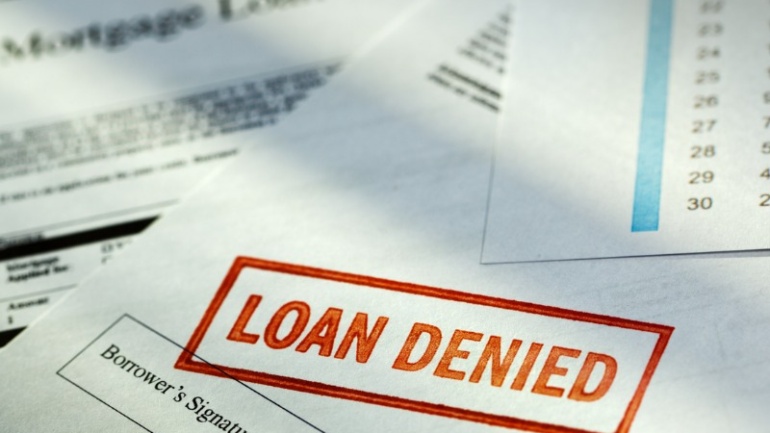Credit scores are often touted as an objective measure of an individual’s financial responsibility. However, many people don’t realize that credit scores can be unfairly biased against certain groups. These biases can have real-world consequences, including limiting access to credit and perpetuating systemic inequality.
One of the ways credit scores can be biased is through the use of certain factors that may disproportionately impact certain groups. For example, credit scores often take into account the length of an individual’s credit history. This may disadvantage young people who haven’t had the opportunity to build a credit history yet. Similarly, credit scores often consider the types of credit an individual has, which may disadvantage those who don’t have access to traditional credit sources, such as credit cards or loans.
Another way credit scores can be biased is through the use of certain algorithms or models that may unintentionally discriminate against certain groups. For example, some models may give less weight to utility or rent payments, which may disproportionately affect individuals with lower incomes who may rely more heavily on these types of payments. Additionally, some algorithms may use zip codes or other geographic data to make assumptions about an individual’s creditworthiness, which may perpetuate systemic inequality.
It’s important to note that these biases aren’t always intentional or malicious. Rather, they may be the result of historical trends and data that may not fully capture the experiences of all individuals. However, it’s important to recognize that these biases exist and work to address them.
One way to address these biases is through legislation and policy changes. For example, the Consumer Financial Protection Bureau has issued guidance to lenders about how to avoid discrimination in lending practices. Additionally, some states have passed laws that prohibit certain factors, such as gender or marital status, from being used in credit scoring models.
As consumers, we can also take steps to mitigate the impact of biased credit scores. This may include working to build credit through alternative means, such as paying bills on time or using secured credit cards. It may also include advocating for policy changes and educating ourselves and others about the ways credit scores can be biased.
In conclusion, credit scores can be unfairly biased against certain groups, which can have real-world consequences. However, by recognizing these biases and working to address them, we can ensure that credit scores are a more fair and equitable measure of financial responsibility.
If you’re interested in learning more about how to address bias in credit scoring, consider signing this petition to urge policymakers to take action: https://aamkarobari.org/petition/.





2 Comments
Gufran
Mera civil damage Kar diya mani gadi spalander niikali us ki sari kisses mai Dai chuka fir bhi vo phone Karthika ha ape ki kisses jma nhi hui
Gajanand kumawat
My credit score down this bank and company babaj, Bharat aap,